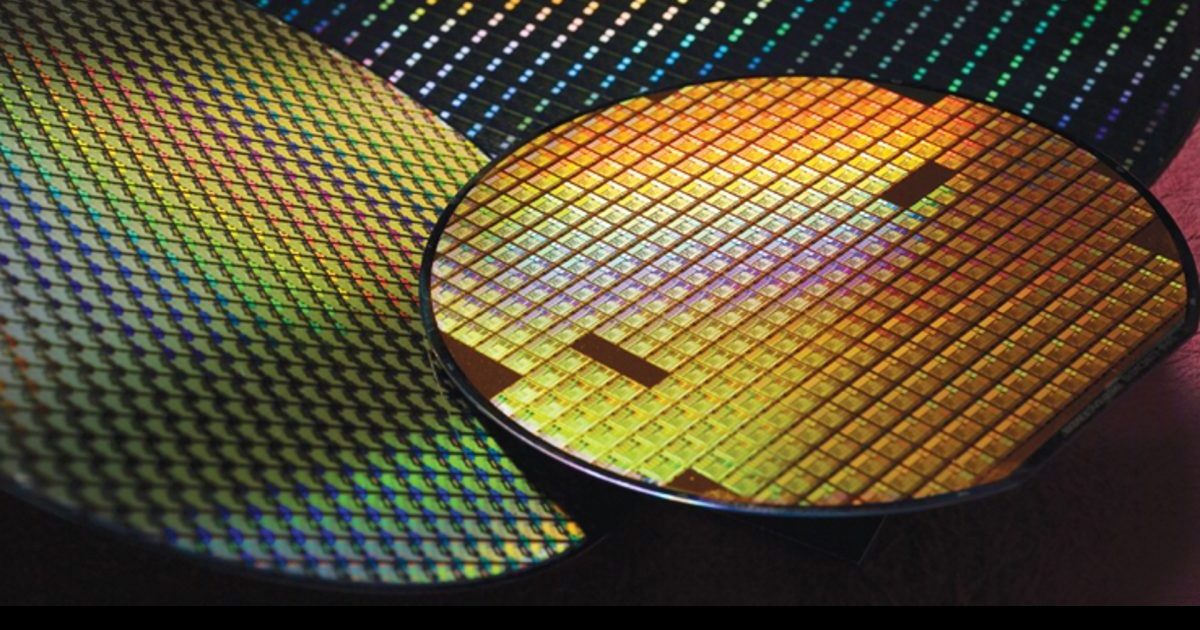According to a new report, Taiwan Semiconductor Manufacturing Company (TSMC) will manufacture Apple’s M2 Pro chip for the MacBook Pro and Mac mini based on the 3nm process. In addition, its third-generation Apple Silicon chips will also be based on the same 3nm process.

Apple’s M2 Pro chip for MacBook Pro and Mac mini to receive a performance boost from 3nm process
Apple recently announced its new M2 chip with an 18% faster CPU, a 35% faster GPU, and a 40% faster Neural Engine compared to the M1 chip while providing the same battery efficiency. Though the chip has only recently become available, Apple is already working on its more powerful variants.
In a new report, DigiTimes revealed that the Cupertino tech giant has asked TSMC to manufacture the M2 Pro and M3 chips based on the chipmaker’s 3nm process. The report notes that TSMC will begin mass production of the chips in the second half of this year.
In the latest edition of his “Power On” newsletter, Bloomberg’s Mark Gurman revealed that Apple will debut four variations of the M2 chip during its cycle: Pro, Ultra, Max, and Extreme. It is likely that the M2 Max will also be built on TSMC’s 3nm process.
As for upcoming M2 Macs, here are the releases the journalist expects from Apple: an M2 Mac mini, M2 Pro Max mini, M2 Pro, and M2 Max 14-inch and 16-inch MacBook Pros, as well as an M2 Ultra and M2 Extreme Mac Pro.

Gurman also revealed that Apple is planning to use the third generation of Apple Silicon in products as early as next year with updates to the 13-inch MacBook Air code-named J513, a 15-inch MacBook Air known as J515, a new iMac code-named J433 and possibly a 12-inch laptop that’s still in early development.
If the M2 Pro is indeed going to be manufactured on TSMC’s 3nm process, the gains for the chip are going to be significant compared to the standard M2 chip which is based on the 5nm process.
In related news, TSMC has started building three new production facilities to produce 3nm chips in Tainan, Taiwan, to further expand its manufacturing capacity. The move is a part of the company’s $120 billion investment to establish new production facilities which it hopes will help it capture a bigger part of the global chip market.
Read more: